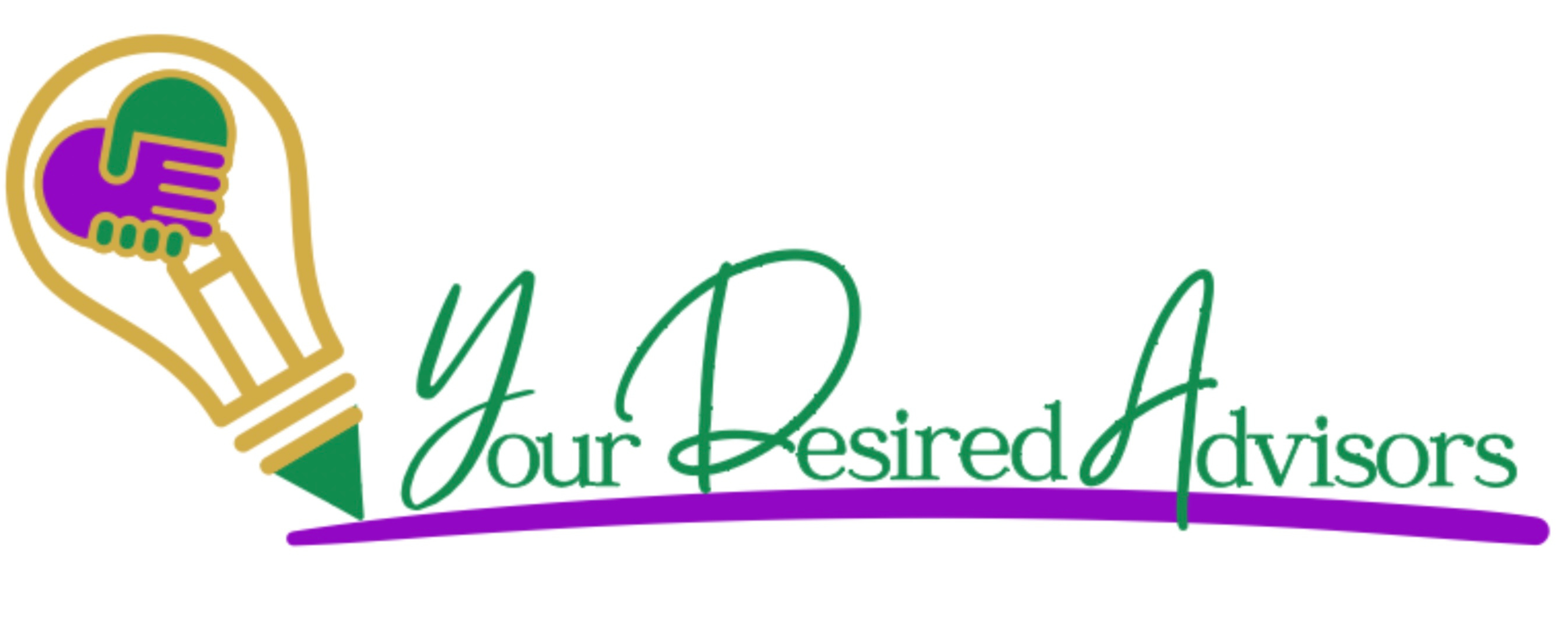
As the year draws to a close, there’s value in looking beyond the usual financial wrap-up steps to strategies that, though less talked about, can make a significant impact. In this blog, we’ll explore essential yet often overlooked practices that can improve your financial positioning, protect your business, and set you up for a more resilient start to 2025.
1. Implement a Financial Controls Audit to Safeguard Against Fraud
Fraud prevention is essential, especially in small-to-medium businesses that might have limited oversight. Implementing stronger controls can mitigate financial risks.
- Review Internal Controls: Ensure there are checks and balances in place for cash handling, inventory management, and expense approvals.
- Automate Payment Processes: Digital payment processes are generally more secure and provide a clear transaction trail.
- Establish a Whistleblower Policy: Create a secure, anonymous way for employees to report suspicious activities.
Action Step: Work with a financial auditor or advisor to conduct a controls audit, identifying any vulnerabilities and tightening processes.
2. Conduct an Insurance Policy Review to Mitigate Unforeseen Risks
Insurance is often overlooked at year-end, yet a coverage check can protect you against unexpected liabilities and costly premiums.
- Evaluate Coverage Limits: Ensure your policies cover the increased values of new assets or equipment acquired this year.
- Add Cybersecurity Insurance: With rising cyber threats, this coverage can mitigate potentially catastrophic losses from data breaches.
- Check for Gaps or Overlaps: Avoid duplicative coverage to save on premiums and streamline claims.
Action Step: Reach out to your insurance provider to conduct a comprehensive review of all policies, adjusting as necessary.

3. Rethink Cash Flow from a Balance Sheet Perspective
Most businesses focus on profit and loss statements to assess year-end performance, yet the balance sheet offers a fuller picture of financial stability.
- Inventory Turnover Ratios: For inventory-heavy businesses, calculate turnover to see if holding patterns align with sales cycles and minimize carrying costs.
- Debt-to-Equity Ratio Review: Reassess leverage to ensure it’s optimal for business health, and consider restructuring debt if needed.
- Evaluate Short- and Long-Term Liabilities: Shifting or consolidating debt can improve your working capital.
Action Step: Consult with your financial advisor to assess balance sheet metrics and strategize for more secure cash flow in 2025.
4. Conduct a Supplier Audit to Strengthen Vendor Relationships
Vendor relationships have a direct impact on your business’s cost-effectiveness and efficiency, yet they’re rarely assessed in depth at year-end.
- Review Contract Terms: Examine your contracts for pricing structures, early payment discounts, and automatic renewals that might be leveraged.
- Assess Vendor Reliability: Consider vendors’ delivery records, response times, and any disruptions in service.
- Negotiate Terms: If you’re a long-standing customer, explore options to secure better rates or more flexible terms.
Action Step: Schedule a call with key vendors to discuss 2025 objectives and solidify mutually beneficial terms.
5. Benchmark Against Industry Ratios to Identify Hidden Improvement Areas
Industry benchmarks provide an effective measure of your business’s performance compared to competitors and can highlight areas where adjustments could drive growth.
- Identify Key Performance Ratios: Common metrics include gross profit margin, accounts receivable turnover, and employee productivity.
- Compare to Industry Standards: Evaluate where you may be lagging and prioritize improvement areas based on industry insights.
- Use Benchmarking for Goal-Setting: Set realistic, actionable goals to gradually close the gap between current performance and industry averages.
Action Step: Consider a benchmarking service or platform to access up-to-date industry standards and perform a detailed analysis.

These underutilized yet highly impactful practices can help you identify vulnerabilities, save on unnecessary costs, and enhance financial stability as you move into the new year. If you’re interested in exploring how these strategies could specifically benefit your business, don’t hesitate to reach out.
Let’s discuss how we can help you implement strategic, lesser-known practices to maximize your business’s success. Click here to book a consultation.
Looking forward to helping you succeed!

